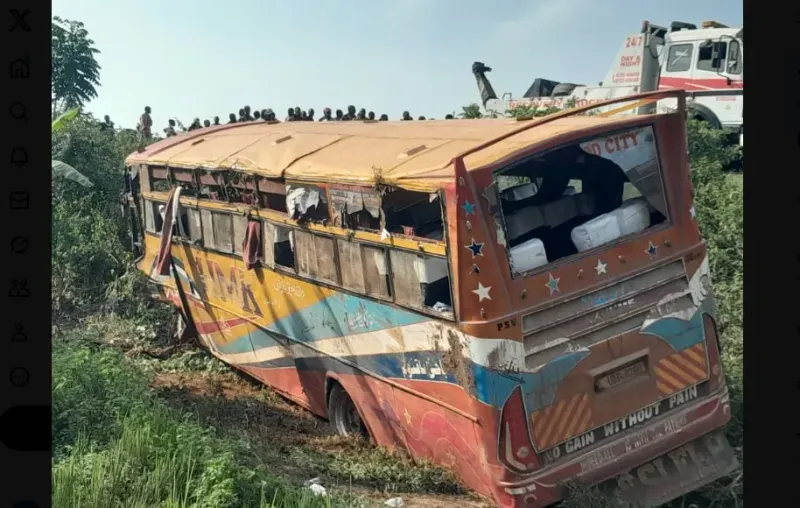
The death of two pupils from Daystar Junior School in a crash on Mityana Road on 2 August was not an “accident” in the pure sense. It was the predictable result of a broken system that treats children’s safety as an afterthought — a tragedy written long before the bus left Kampala.
Let’s start with the facts. These were not secondary school students or university field researchers. Some were nursery and lower primary pupils — children barely old enough to pack their own bags, sent on a gruelling journey from Kampala to Kasese. For what? To tick a box in an excursion calendar? To justify hefty “trip fees” charged on top of already stretched school fees?
Kalungu West MP Joseph Ssewungu, himself a former teacher, put it plainly: “Unprecedented” is the kindest word for such a decision. Reckless might be closer to the truth. We know from police reports that the driver allegedly fell asleep. But driver fatigue is no mystery; it is the natural outcome of long hours on the road, often starting before dawn and ending late at night.
The Ministry of Education cannot wash its hands of this. The absence of national standards for school trips — no limits on travel distances for young children, no set rest breaks, no mandatory vehicle safety checks before departure — is a policy vacuum that puts lives at risk every term. And it’s not as if the warning signs were invisible; the nation has seen this movie before, with other school trip disasters making headlines and then quietly fading away.
Speaker Anita Among was right to be appalled at the sight of pupils being ferried in lorries. That’s not transport, that’s a gamble with children’s lives. And her warning about foreign trips that only the wealthy can afford touches on another rot in the system: inequality and exploitation masquerading as “learning opportunities.”
If we’re honest, many of these trips have shifted from being educational experiences to becoming school revenue streams. Parents are pressured to pay, lest their children be left behind socially or academically. This is not education — it’s extortion with a school letterhead.
The government’s response? Minister David Bahati has promised that the Ministry of Education will “make a statement” next week. With respect, Uganda does not need another statement. We need enforceable regulations: Age-appropriate travel distance limits. Mandatory rest schedules for drivers.. Certified vehicle inspections before every trip. Caps on trip fees to prevent financial exploitation. Penalties — real ones — for schools that gamble with children’s safety.
The blood of these children demands more than condolences. It demands a policy shift that prioritises lives over photo opportunities and revenue. The next time a busload of children sets off without clear safety safeguards, we should not call it an accident when disaster strikes. We should call it what it is: negligence in plain sight.
Uganda can no longer afford to treat these preventable tragedies as routine. Parliament has an opening to act decisively. The Ministry of Education must lead. And parents have every right to demand more. Because a school trip should be a chapter in a child’s memory, not the end of their story.


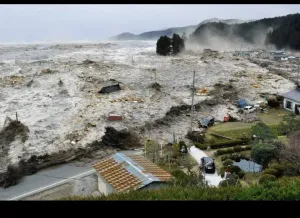

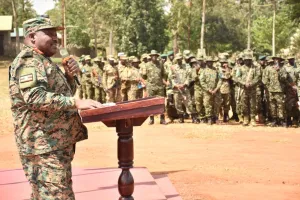
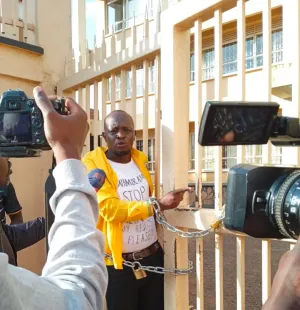






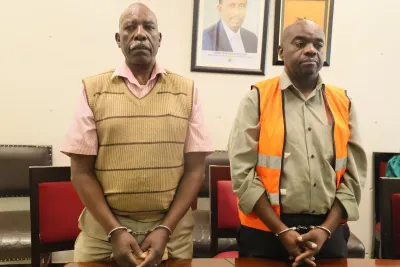
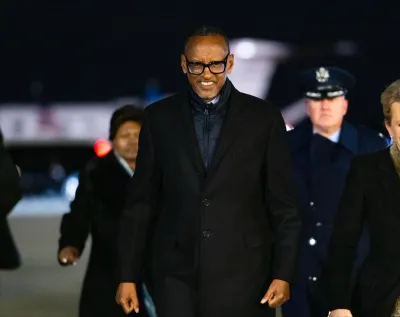
Stephen Kalema
Leave a Comment
Your email address will not be published.